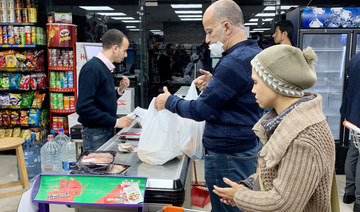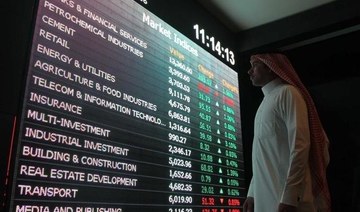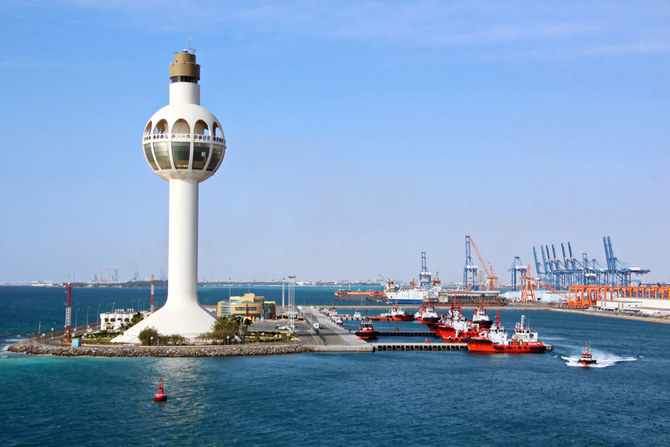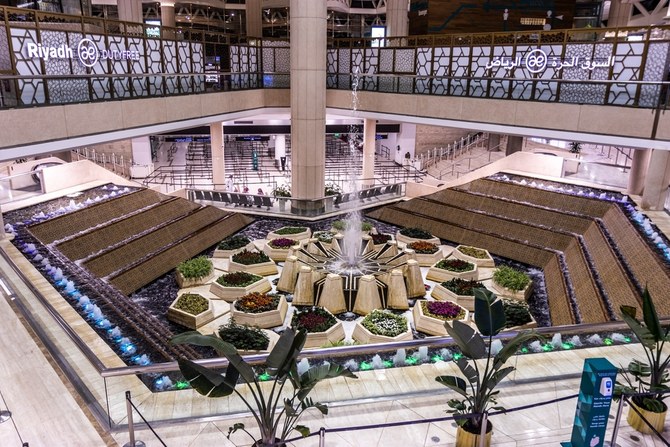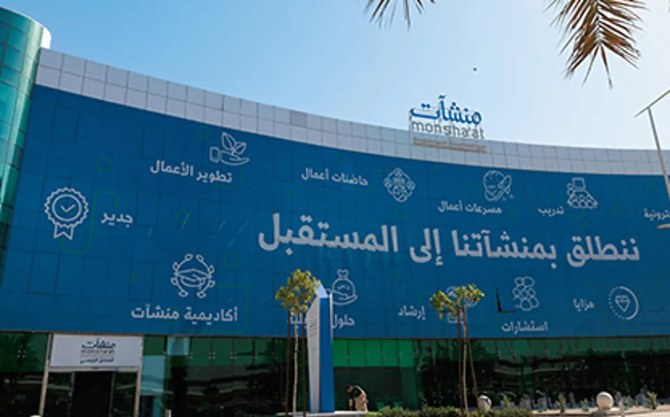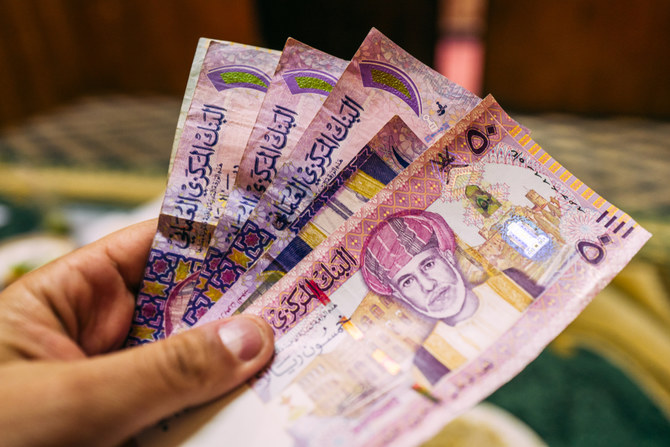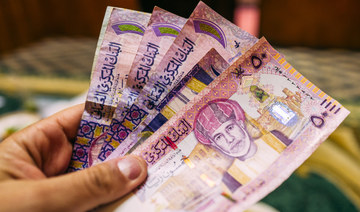RIYADH: The war in Ukraine has pushed global growth predictions down 0.5 percent, with Italy’s growth trailing back by 1.7 percent.
While Brazil’s central bank increased its benchmark interest rates by 100-basis point, Morocco held its interest rate at 1.5 percent. The British pound and Japanese yen saw alterations, even as Canada’s stocks hit a record high spurred by a rally in the technology stocks.
Global growth forecast
Independent economic research provider Capital Economics has downgraded the global growth forecast from 4 percent to 3.2 percent as the war in Ukraine continues.
Previous growth for 2022 was seen to slow from 6 percent to 4 percent. But given the Western’s aggressive response to the Russian-Ukrainian crisis will further cripple Russia’s economy, disrupt global supply chains, and fuel even higher inflation, the global growth is expected to fall to 3.2 percent.
It could drop further drop to 3 percent if Western sanctions on energy trade are backed up with secondary sanctions.
In that scenario, major central banks in advanced economies may consider scaling back tightening plans in order to support real activity, pointed out the Capital Economics report.
Tunisia default risk to rise if IMF deal delays
Tunisia is heading for default if the current deterioration in its finances continues, investment bank Morgan Stanley warned on Monday.
“In a scenario where the current rate of fiscal deterioration continues, it is probable that Tunisia would default on its debt,” Morgan Stanley said, adding it was likely to happen next year unless they secured a quick IMF program and made major spending cuts.
It follows a similar warning from credit rating agency Fitch on Friday which downgraded Tunisia’s sovereign score to “CCC” from “B-minus”. Fitch estimated an 8.5 percent of GDP government deficit this year would push Tunisia’s debt-to-gross domestic product ratio up to 84 percent.
Brazil hikes interest rate
Brazil’s central bank considered the implications of a lower rate hike of at least 75 basis points but decided on a 100-basis-point increase which would be timelier given the inflationary pressures as it approaches the end of its aggressive monetary tightening cycle.
The central bank felt the conflict in Ukraine added further uncertainty and volatility and caused a supply shock in several commodities, especially energy-related ones, before raising the benchmark rate to 11.75 percent.
Policymakers had indicated last week another 100-basis-point hike at the next meeting in May, hardening its stance to put interest rates into an even more restrictive territory to curb second-round effects of the current supply shock.
Canada stocks hit record high
Canada’s main stock index scaled another record high at the open on Tuesday as gains in technology shares overshadowed weakness in commodity-linked stocks.
At 9:34 a.m. ET (13:34 GMT), the Toronto Stock Exchange’s S&P/TSX composite index GSPTSE was up 52.59 points, or 0.24 percent, at 22,061.72.
Morocco holds interest rate
Morocco’s central bank kept its benchmark interest rate at an all-time low of 1.5 percent on Tuesday, saying its accommodative monetary policy was needed to shore up the economy amid inflationary pressures resulting from the war in Ukraine.
Driven by imported goods, inflation is expected to surge to 4.7 percent this year from 1.4 percent in 2021, before slowing to 1.9 percent next year, the bank said in a statement following its quarterly board meeting.
The bank revised down its 2022 growth forecast to 0.7 percent from an earlier 2.9 percent, citing a severe drought that lowered prospects for this year’s cereals harvest to 2.5 million tons.
Dollar rises, yen falls
The dollar rose on Tuesday as Federal Reserve Chair Jerome Powell put the possibility of half-percentage-point interest rate hikes on the table, while the yen fell through the psychological 120 level as the Bank of Japan reiterated its support for ultra-loose monetary policy.
The yen JPY=EBS hit a six-year low, down 1.1 percent to 120.81 at 12:30 GMT, having lost around 5 percent against the dollar this month, as leaping US yields and a deteriorating trade balance suck cash from the world’s third-biggest economy.
Yen crosses also suffered, with the euro EURJPY touching a five-month high of 133.30. The Japanese currency slumped to an almost seven-year low against the Swiss franc CHFJPY.
Japan must maintain ultra-loose monetary policy lest inflation hurt the economy, Bank of Japan Governor Haruhiko Kuroda said on Tuesday — contrasting with hawkish overnight comments from Powell.
Italy cuts growth forecast
Italy is set to downgrade its growth outlook this year to around 3 percent from a previous 4.7 percent target, a Treasury official said on Tuesday, amid surging energy costs and turmoil linked to Russia’s invasion of Ukraine.
“We will revise the growth estimates, this year growth will be around 3 percent,” Treasury Undersecretary Maria Cecilia Guerra told an Italian radio station.
The euro zone’s third-largest economy grew 6.6 percent last year following a record contraction of 9.0 percent in 2020 caused by extended coronavirus lockdowns.
However, this year did not begin well. Italian industrial output dived 3.4 percent in January from the month before, its steepest fall for more than a year, even before the headwinds generated by the Ukraine war.
The conflict has exacerbated already sky-high energy costs and triggered supply crunches for agriculture, prompting the ruling coalition to put pressure on Prime Minister Mario Draghi to approve an extra borrowing package.
The Treasury will detail its fiscal plans this month, when it publishes new growth forecasts and public finance targets in its annual Economic and Financial Document (DEF).
British pound jumps
The British pound strengthened to a two-week high against the euro as it continued to retrace losses which followed what investors perceived as a dovish interest rate hike by the Bank of England on March 17.
Focus has turned to UK inflation data and British Finance Minister Rishi Sunak’s Spring Statement, both scheduled on Wednesday.
Commerzbank said the update on UK inflation could move the pound considerably if rising prices once again exceed expectations.
If this was to be the case again tomorrow the BoE rate hike expectations could be fueled again, allowing sterling to recover somewhat further against EUR, Commerzbank FX analyst You-Na Park-Heger said.
(With input from Reuters)




